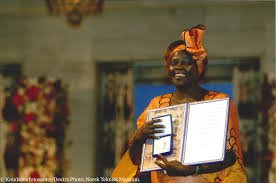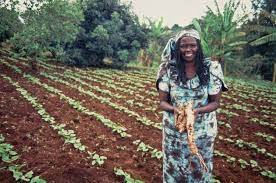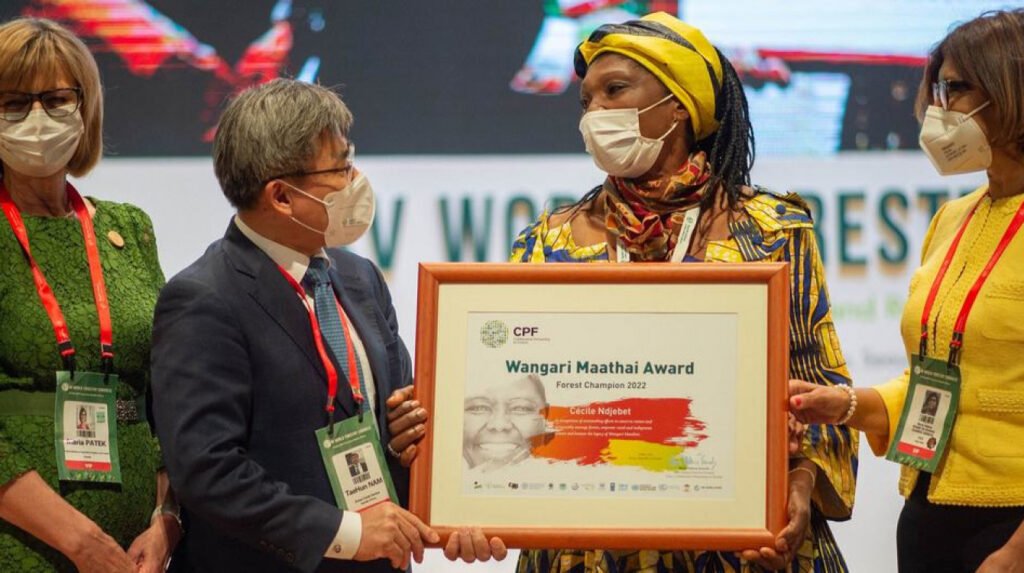Wangari Maathai, a pioneering environmentalist, Nobel Laureate, and Kenyan political force, carved out a legacy of activism and resilience that transformed the landscape of sustainable development and human rights advocacy. As the first Black African woman to win the Nobel Peace Prize in 2004, Maathai became a global icon for her unique approach to environmental conservation, democracy, and women’s rights.

Born on April 1, 1940, in Nyeri, Kenya, Maathai’s early experiences and education shaped her sense of responsibility toward her community and the environment. She studied in the United States, earning a Bachelor’s degree in Biology from Mount St. Scholastica College in 1964 and a Master’s degree in Biological Sciences from the University of Pittsburgh in 1966. By 1971, she had returned to Kenya and became the first woman in East or Central Africa to earn a Ph.D., a groundbreaking achievement that led her to teach veterinary anatomy at the University of Nairobi, where she later chaired the department.
Maathai’s passion for environmental conservation took root while she worked with the National Council of Women of Kenya. Observing widespread deforestation, she developed an innovative idea: empowering village women to plant trees, a practice that would address deforestation and provide much-needed fuel and resources for local communities. This initiative grew into the Green Belt Movement, a grassroots environmental organization she founded in 1977.

Over the next few decades, the Green Belt Movement planted more than 30 million trees across Kenya, with Maathai’s inspiring leadership sparking similar projects in neighboring countries like Tanzania, Ethiopia, and Zimbabwe. The impact of her work resonated far beyond Kenya and inspired the establishment of the Pan African Green Belt Network, an initiative that engaged world leaders in conservation efforts and set a model for sustainable environmental action across the continent.
Wangari Maathai was an outspoken advocate for democracy in Kenya, often challenging corruption and mismanagement within the government. Her work was recognized internationally, and in 2002, she was elected to Kenya’s National Assembly with an overwhelming 98% of the vote. The following year, she was appointed Assistant Minister of Environment, Natural Resources, and Wildlife, a role that allowed her to further her mission of environmental advocacy on a national scale.

In 2004, Maathai’s contributions were recognized with the Nobel Peace Prize. The Nobel committee commended her “holistic approach to sustainable development that embraces democracy, human rights, and women’s rights in particular,” affirming her position as a visionary in the fight for both environmental and social justice.
Her influence extended through her writing, with notable works including The Green Belt Movement: Sharing the Approach and the Experience, which details the history and impact of her organization. In her autobiography, Unbowed, she shared her journey of resistance and resilience, offering insights into the challenges she faced and the values that drove her activism. She continued to advocate for Africa’s self-sufficiency in The Challenge for Africa, a critical examination of African leadership and a call for Africans to confront their own issues rather than rely on Western aid.

Maathai’s dedication earned her numerous accolades worldwide, including the Right Livelihood Award, the Goldman Environmental Prize, and honorary doctorates from institutions like Yale University and the University of Norway.





